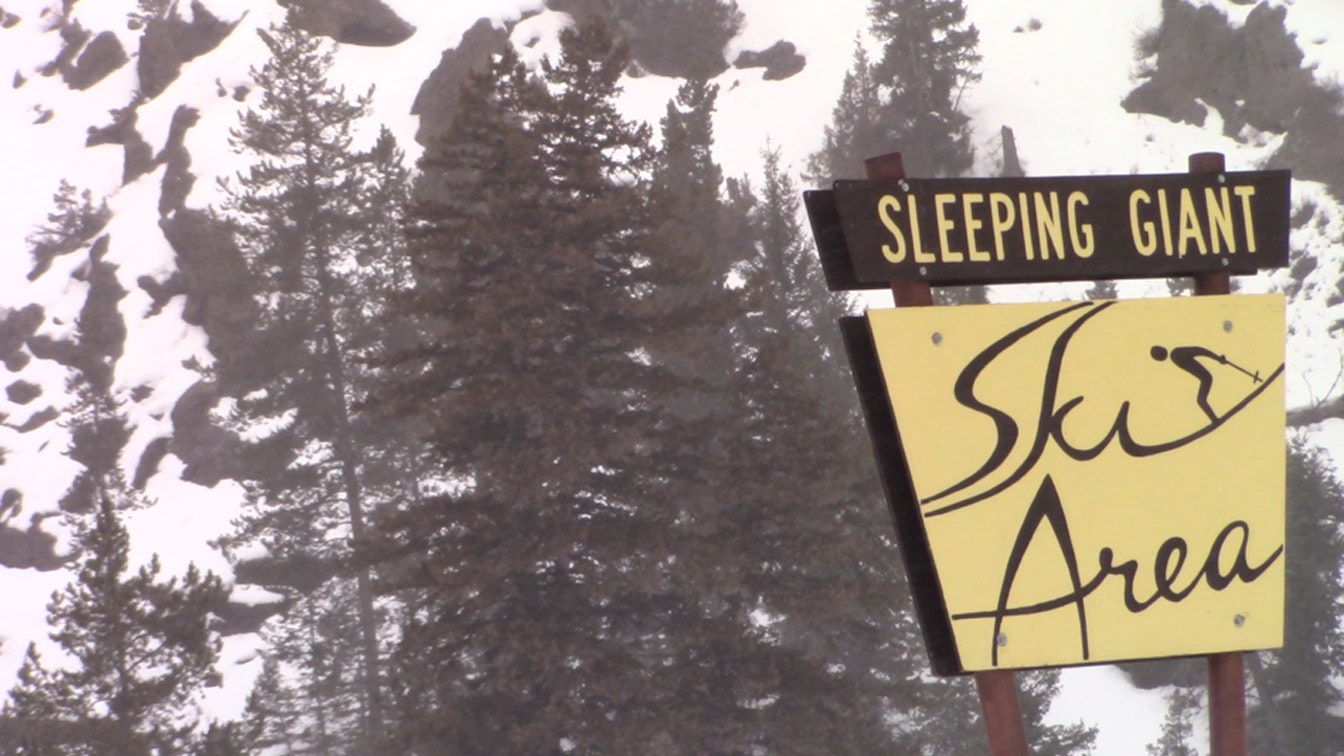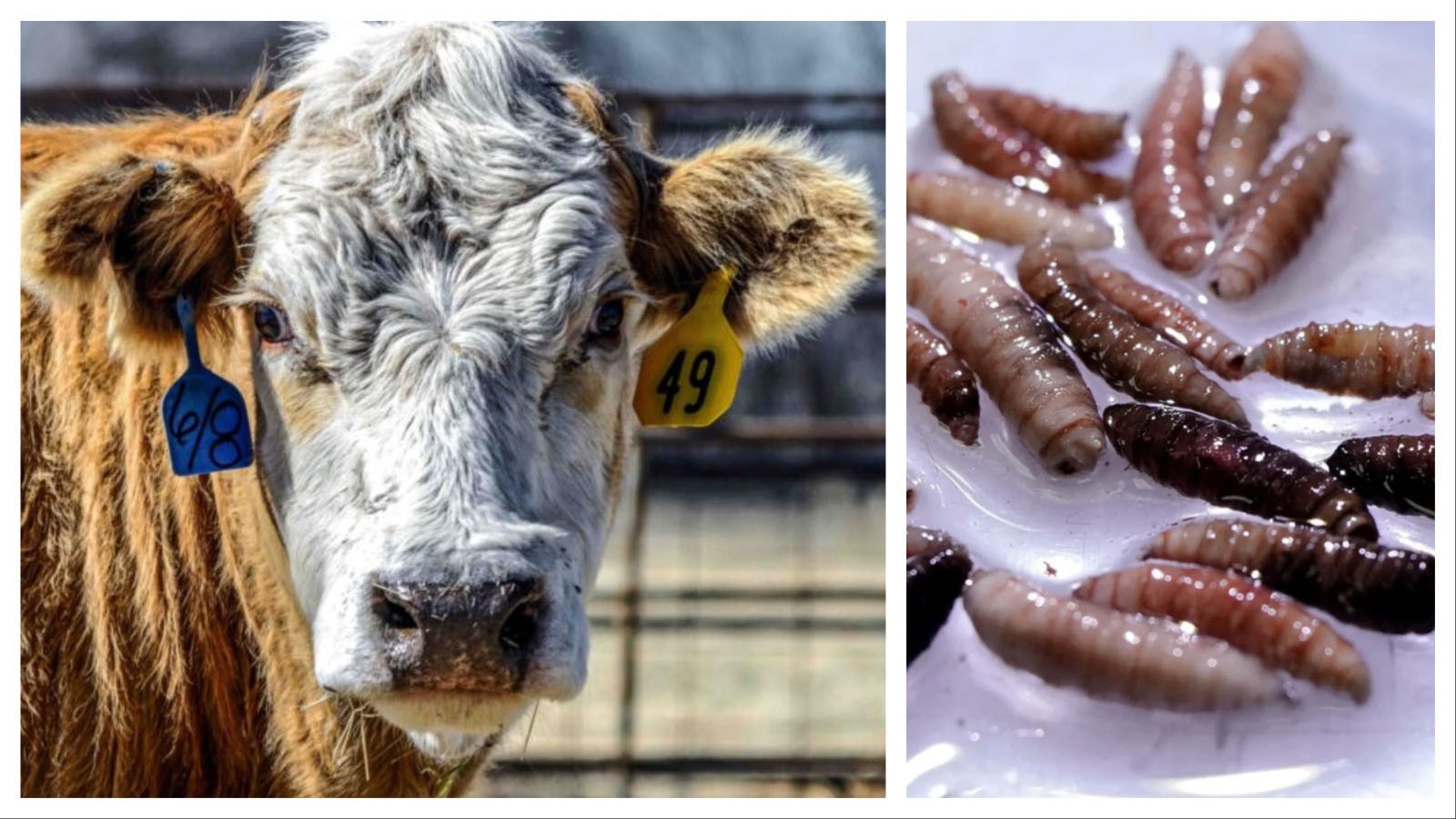A new federal mandate to test raw, unpasteurized milk for possible bird flu contamination goes into effect in less than two weeks, but it’s news to some Wyoming producers who say they haven’t heard for federal officials about the new rule.
“Nobody's reached out to us yet,” said Rebecca Bates, owner of Little Acres Farm in Lovell. She’s sold raw, unpasteurized milk for more than 18 years.
Ten months after bird flu, H5NI, was found in American dairy cattle, the U.S. Department of Agriculture is turning up the heat on dairy farmers, announcing Friday the testing on all unpasteurized milk.
This National Milk Testing Strategy is part of the fight against an ongoing domestic avian influenza outbreak and will require raw milk samples be collected nationwide and shared with the USDA for testing.
This new federal rule, developed with input from state, veterinary and public health stakeholders, makes three new requirements for producers of raw milk.
First, it requires the sharing of raw milk samples upon request from any entity responsible for a dairy farm, bulk milk transporter, bulk milk transfer station or dairy processing facility that sends or holds milk intended for pasteurization, the agency reports.
Second, the federal order requires herd owners with bird flu-positive cattle to provide epidemiological information that enables activities such as contact tracing and disease surveillance.
Finally, it requires private laboratories and state veterinarians report positive results to the USDA.
The first round of silo testing under the federal order and the NMTS is scheduled to begin the week of Dec. 16.
A Big Change
That the order is still new may be why it’s taking some time to trickle down to producers, Bates said.
“Obviously, it's only just passed so we'll see how they're addressing that farm by farm,” she said. “That's a lot of people that are selling milk, so I don't know how it's going to work.”
Until this mandate, testing was voluntary and those with healthy herds, Bates said, adding people should have no issue with the testing.
“Anytime you have the government stepping in, of course that's always going to make people a little leery and wondering what's happening,” Bates said. “I think most people don't have anything to be afraid of if you're using all the right protocols. It would not be a problem for most people.”
As the mandate is rolled out, Wyoming diary farmers will be keeping an eye out for future regulations.
The incoming Trump administration appointee for the USDA, Robert Kennedy Jr., has stated that he supports the sale of raw milk so owners are hopeful that regulations will not hinder future sales.
“It will be interesting to see how they work through all of this,” Bates said. “And, how they address it with each individual farm.”
Jackie Dorothy can be reached at jackie@cowboystatedaily.com.





